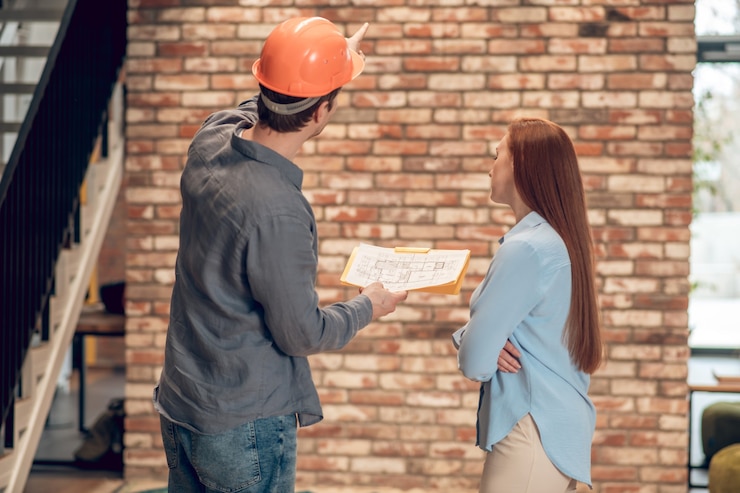Building a home is one of the most exciting—and complex—investments you can make. Whether you’re envisioning a cozy cottage or a modern estate, the journey from blueprint to move-in day involves multiple steps, each with its own timeline. If you’re considering professional construction services, you likely want to know how long the process will take.
In this detailed guide, we’ll explore the average time it takes to build a house, what factors can affect your timeline, and how to stay on track through each phase of construction.
Average Time to Build a House (2025 Estimates)
The average time to build a single-family home in the U.S. ranges from 6 to 12 months, depending on a variety of factors including the size of the home, location, customization level, and permitting processes.
Here’s a breakdown of typical timelines:
| Home Type | Average Time to Build |
| Custom-built single-family | 10 to 16 months |
| Contractor-built home | 6 to 9 months |
| Prefabricated/modular home | 3 to 6 months |
Phases of Home Construction and Timeline
Each phase of construction contributes to the overall timeline. Below is a comprehensive look at every stage of the home building process:
| Phase | Timeframe | Details |
| Pre-construction & Permits | 1–2 months | Includes design, site survey, permits, financing |
| Site Preparation & Foundation | 2–4 weeks | Land clearing, excavation, laying foundation |
| Framing | 1–2 months | Structure, roof, walls, windows installed |
| Mechanical Systems Installation | 1–2 months | Electrical, plumbing, HVAC systems installed |
| Interior Work | 2–3 months | Drywall, flooring, painting, cabinetry, fixtures |
| Final Inspections & Walkthrough | 1–3 weeks | Final checks, corrections, and buyer walk-through |
Construction Timeline Chart
Below is a visual representation of a typical construction schedule from start to finish:
Key Factors That Affect Build Time
Several elements influence how long it takes to build a house. Understanding these factors can help you better manage expectations.
1. Location
Urban areas may have stricter regulations, slower permitting, and higher subcontractor demand, all of which can extend timelines.
2. Weather Conditions
Extreme heat, rain, snow, or storms can delay foundational work, roofing, and exterior finishes.
3. Labor and Materials
A shortage of skilled labor or construction materials—especially in high-demand regions like California—can impact project flow.
4. Home Design Complexity
Custom homes with intricate designs, large square footage, or luxury features take significantly longer to complete than production homes.
5. Permit Approvals
Local zoning and permitting processes can vary. Some jurisdictions require multiple reviews and resubmissions before giving the green light.
How to Shorten the Construction Timeline
If you’re eager to move into your new home faster, here are some practical ways to speed up the process:
- Choose a design with minimal customizations
- Work with an experienced builder familiar with local codes
- Ensure financing and permits are ready before breaking ground
- Opt for prefab or modular home components where possible
- Communicate clearly with your construction team to avoid delays
Case Example: Construction in California
A construction company in California working on a 2,000-square-foot single-family home with standard features typically completes the build in 8 to 10 months, assuming no major delays. However, in high-demand areas such as Los Angeles or the Bay Area, permit approval alone can take 3 to 4 months, extending the total timeline to over a year. For more visit theguestblogs.
Final Thoughts: Planning for Success
While building a house takes time, it doesn’t have to be unpredictable. By understanding each phase, planning thoroughly, and hiring reliable professionals, you can set realistic expectations and enjoy the journey.
If you’re just starting your home-building adventure, remember: good planning is just as important as quality craftsmanship.
FAQs About Home Building Timelines
How long does it take to build a 2,000 sq. ft. house?
On average, 7–10 months depending on location, weather, and complexity.
What causes delays in construction?
Weather, labor shortages, permitting, and change orders are the top delay factors.
Can modular homes be built faster?
Yes, modular or prefabricated homes often reduce build time by 30–50%.
Does hiring a general contractor help speed things up?
Yes, experienced contractors coordinate trades efficiently and avoid scheduling conflicts.






